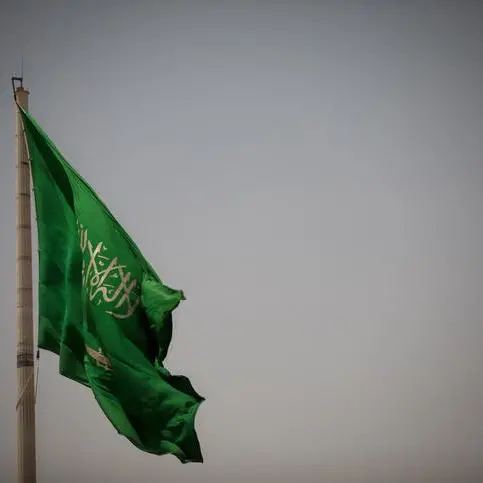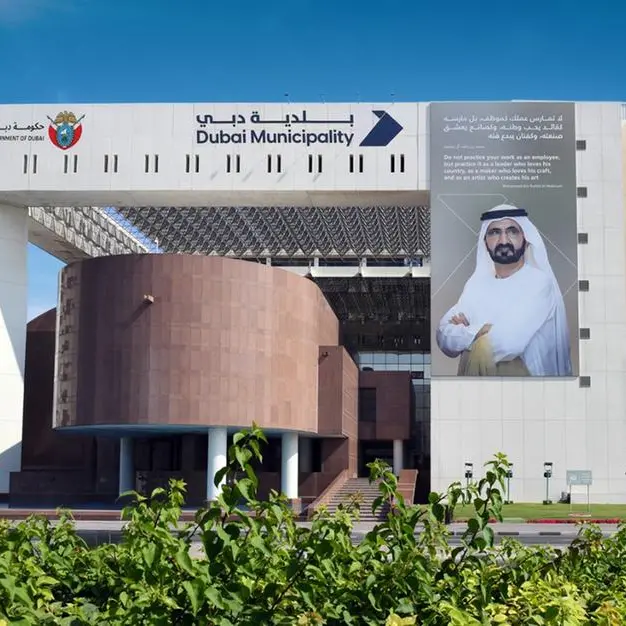PHOTO
DUQM: Etlaq Spaceport’s highly anticipated experimental rocket launch mission “Duqm-2” was aborted due to a technical issue on Sunday.
According to the company, the team behind the launch vehicle, Stellar Kinetics “encountered an issue with a COTS valve actuator used for various systems on the Kea-1 vehicle.”
Consequently, the launch has been postponed until “a replacement solution is developed,” it stated.
In a statement, HH Sayyid Azzan bin Qais Al Said, CEO – Etlaq Spaceport, shared the following: “Today’s stand-down of the launch reflects the diligence and precision required in aerospace operations. We commend the teams, both local and international, for their disciplined decision-making in prioritizing safety and system integrity.”
According to the CEO, despite the failure to launch, the mission achieved several operational milestones. “We achieved many objectives of the Duqm-2 mission, including planning the mission, navigating regulatory processes, designing ground infrastructure, and building an integration hangar.”
He added: “Etlaq Spaceport continues to rapidly acquire knowledge to prove itself as a capable, reliable host, and this effort further strengthens our role in building sustainable, skill-based partnerships in the global launch ecosystem.”
A spokesperson for Stellar Kinetics stated: “It has been an exciting few months working closely with the Etlaq and NASCOM teams preparing for this mission. We proved out the majority of our objectives, demonstrating how fast we can move through this complex programme with our regional partners. The National Space Programme and Civil Aviation Authority provided support throughout, allowing agility and responsiveness in the regulatory environment that is immensely valuable for a fast-paced programme like the Duqm-2 mission.”
The Duqm-2 mission is slated to carry two education-focused research payloads. The first is developed by the UK based Joint Universities Programme for In-Orbit Training, Education and Research (JUPITER), brought together students and researchers from the University of Surrey, the University of Portsmouth and the University of Southampton. The Jupiter payload included the Jovian-O 6U CubeSat, a prototype deployment system, and DAVE, (Dual Aperture for Viewing Earth), which is equipped with two small cameras - one to capture images and videos of Earth, and the other is a space-facing camera to monitor space debris.
The second payload was developed by SIGHT Space, a Taiwanese student-led initiative from National Central University. Their PocketQube II satellite was designed to record real-time structural stress and environmental data (temperature, pressure, acceleration) during suborbital flight.
Duqm-2 is part of a series of experimental launch initiative - the Genesis Programme - that aims to cultivate Oman’s launch culture before the port’s operation in 2027.
The mission was scheduled as the second launch of the year, following the postponement of mission UNITY-1 earlier this year due to unfavourable weather conditions and technical issues.
2022 © All right reserved for Oman Establishment for Press, Publication and Advertising (OEPPA) Provided by SyndiGate Media Inc. (Syndigate.info).





















